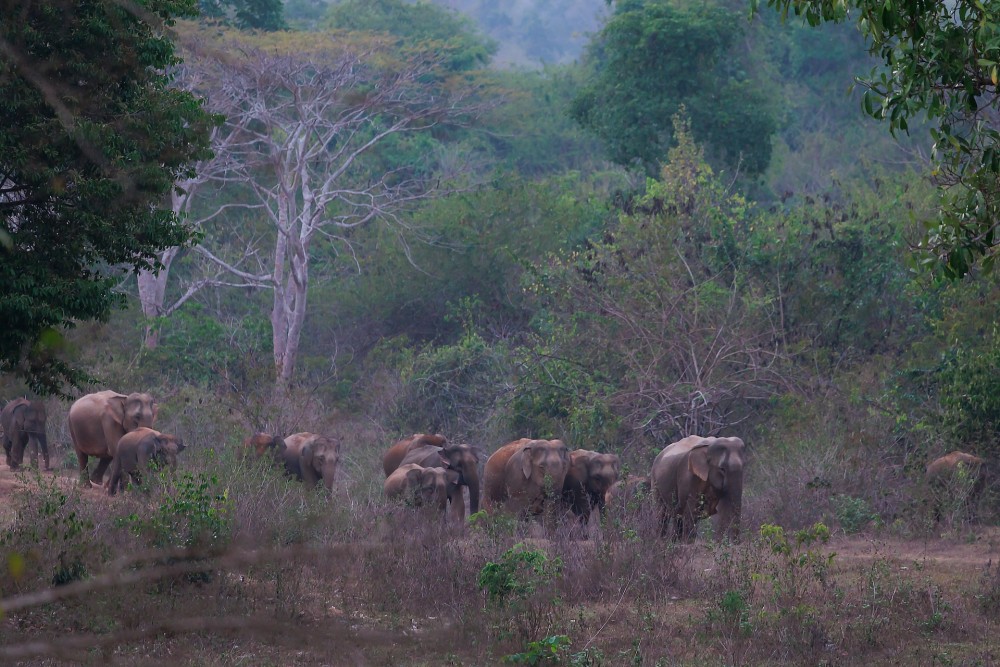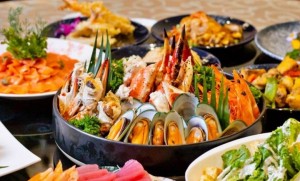Transforming Tourism into a Force for Conservation in Thailand
Uniting businesses and communities for sustainable wildlife protection and empowerment in Kuiburi National Park
The partnership between digital travel platform Agoda and the World Wide Fund for Nature (WWF) exemplifies how businesses can act as conveners—empowering travelers to actively contribute to the preservation of the destinations they explore. Through the ‘Eco Deals’ program, the partnership supports the protection of wildlife and conservation of critical habitats in Thailand and nine other Asian markets, fostering a deeper connection between travellers and the natural world.
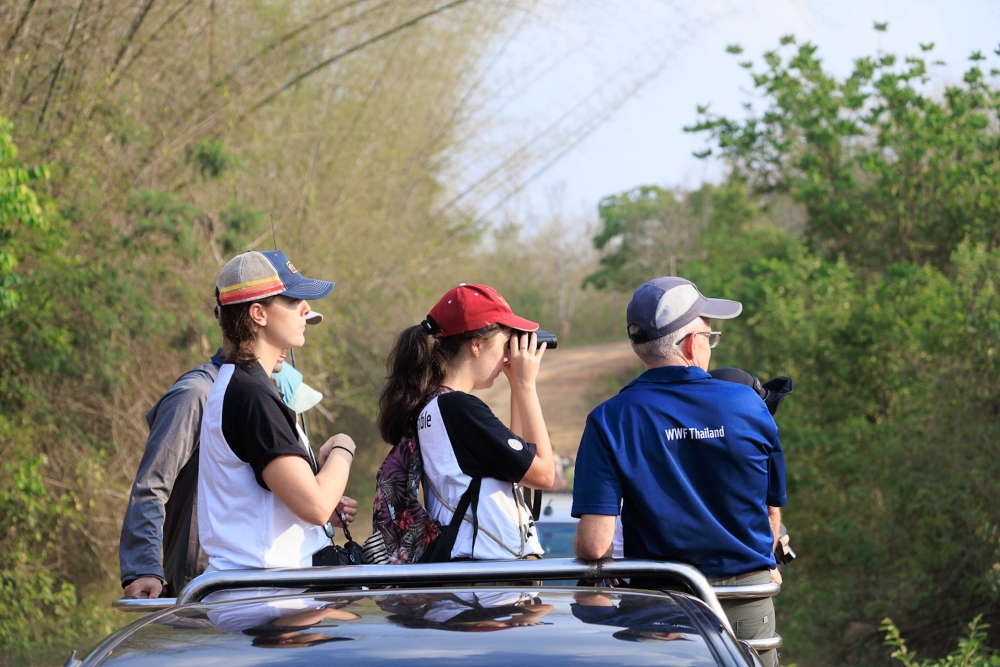 Launched four years ago, the Eco Deals program was born out of a desire to connect various industry stakeholders —travellers and accommodation providers— into a cohesive effort for sustainability. Agoda donates USD 1 to WWF for every program booking made at participating hotels to support conservation efforts across Asia. “We recognized the importance of creating a program that empowers both our accommodation partners and customers to contribute to sustainability,” explains Mr. Andrew Smith, Senior Vice President of Supply at Agoda. This initiative not only allows travellers to give back to the destinations they visit but also offers them exclusive discounts on their travels. As of 2025, there are over 9,000 partner accommodation providers across 10 Asian markets participating in the program. The engagement reflects the commitment of various stakeholders in the tourism industry to sustainability.
Launched four years ago, the Eco Deals program was born out of a desire to connect various industry stakeholders —travellers and accommodation providers— into a cohesive effort for sustainability. Agoda donates USD 1 to WWF for every program booking made at participating hotels to support conservation efforts across Asia. “We recognized the importance of creating a program that empowers both our accommodation partners and customers to contribute to sustainability,” explains Mr. Andrew Smith, Senior Vice President of Supply at Agoda. This initiative not only allows travellers to give back to the destinations they visit but also offers them exclusive discounts on their travels. As of 2025, there are over 9,000 partner accommodation providers across 10 Asian markets participating in the program. The engagement reflects the commitment of various stakeholders in the tourism industry to sustainability.
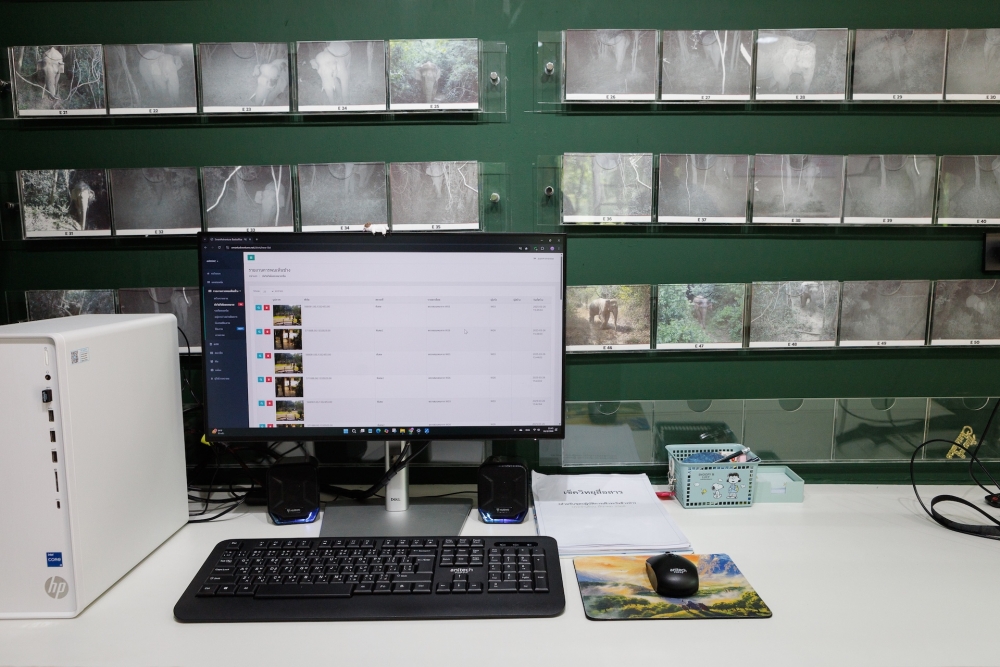 Boratay Uysal, Senior Sustainability Manager at Agoda, shares that the program is designed to be accessible and affordable. “Sustainability shouldn’t come with a premium,” he asserts. By offering discounts of up to 15% at participating hotels, Agoda ensures that travellers can engage in sustainability without the added financial burden. This approach resonates with a growing interest among travellers to make more responsible choices. For instance, Agoda’s 2025 Sustainable Travel Survey revealed that 77% of Thai travellers prioritized sustainability when making their travel plans. The survey, which included over 6,000 travellers across 11 Asian markets, shows that Thailand’s figure is above the 68% average for the majority of Asian travellers but slightly behind that of the top markets, including India (82%), Taiwan (80%), and Malaysia (80%).
Boratay Uysal, Senior Sustainability Manager at Agoda, shares that the program is designed to be accessible and affordable. “Sustainability shouldn’t come with a premium,” he asserts. By offering discounts of up to 15% at participating hotels, Agoda ensures that travellers can engage in sustainability without the added financial burden. This approach resonates with a growing interest among travellers to make more responsible choices. For instance, Agoda’s 2025 Sustainable Travel Survey revealed that 77% of Thai travellers prioritized sustainability when making their travel plans. The survey, which included over 6,000 travellers across 11 Asian markets, shows that Thailand’s figure is above the 68% average for the majority of Asian travellers but slightly behind that of the top markets, including India (82%), Taiwan (80%), and Malaysia (80%).
 The Role of Kuiburi National Park
The Role of Kuiburi National Park
One of the standout projects supported under the Eco Deals program is located in Kuiburi National Park, which spans approximately 650,000 rai (about 260,000 acres) across four districts in Prachuap Khiri Khan Province. This park is home to a rich diversity of wildlife, including 39 species of mammals such as elephants, bantengs, gaurs, and tigers, as well as 201 species of birds and over 200 species of butterflies.
The partnership supports collaborative efforts between Kuiburi park officials and WWF Thailand staff to enhance wildlife protection through SMART patrols, conduct research and monitor wildlife populations, and manage food sources for wildlife. Together, we have established a 'SMART Patrol Room' to improve the effectiveness of rangers' operations in the park. It also helps address human-elephant conflicts through the “Smart Early Warning System Operation Centre,” which involves community members in mitigation efforts. As Uysal explains, “Our goal is to create lasting impact through continuous investment in these areas, ensuring that both wildlife and local communities can thrive for generations to come.”
In addition to direct wildlife protection efforts, a new aspect of this year’s partnership focuses on empowering local communities through financial support initiatives. This year, Agoda, in collaboration with WWF and UnTours Foundation, launched a new initiative called the Sustainable Tourism Impact Fund. This fund aims to provide financial support to micro, small and medium-sized enterprises (MSMEs) within the tourism industry, including accommodations, activity providers, and tour agencies. It offers loans with flexible repayment terms and low interest rates to help these businesses become more sustainable. Agoda will provide expertise in technology and marketing to assist these enterprises, while WWF will contribute knowledge related to sustainability, enhancing overall support. The program is currently collecting applications, with Thailand being one of the markets with the highest number of submissions.
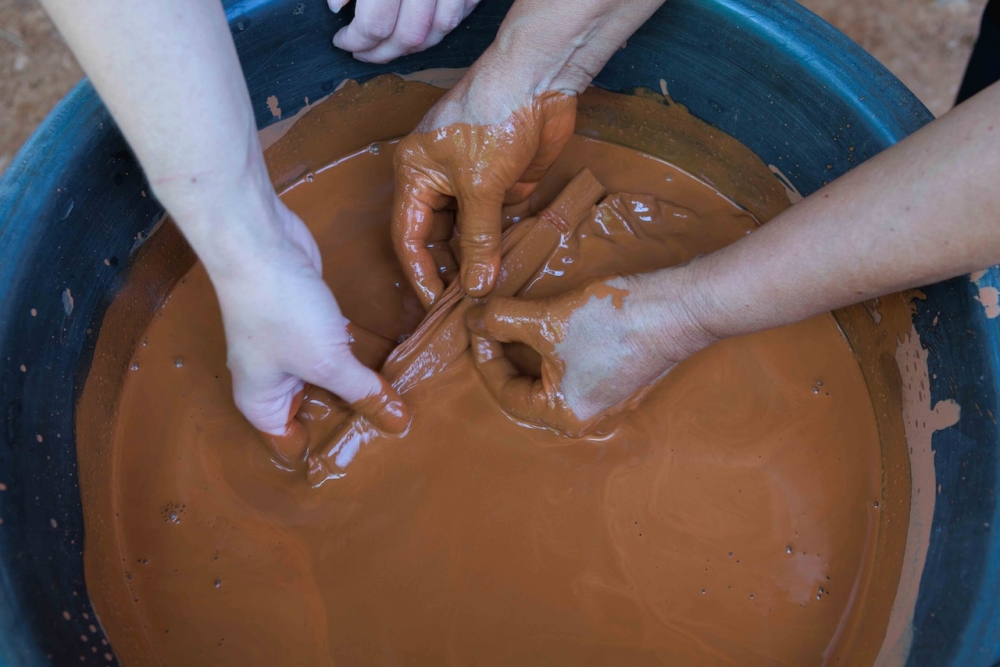
 Empowering Local Communities
Empowering Local Communities
The project in Kuiburi also emphasizes building capacity within the community through the Kuiburi Wildlife Conservation Eco-Tourism Club. This club was founded in 2006 to promote sustainable tourism and generate income for farmers whose crops have been impacted by elephants. WWF Thailand plays a key role in supporting the club by providing training, technical guidance, and conservation knowledge to help community members become tourist guides and drivers for wildlife-watching activities. This model not only supports local livelihoods but also fosters a sense of ownership and responsibility towards wildlife conservation.
Mr. Vivek Kumar, CEO of WWF-Singapore, highlights the importance of integrating community involvement in conservation efforts. “Community-led conservation empowers locals to shape their own future which leads to tangible improvements in their livelihoods and overall health of the landscape,” he says. “Our partnership with Agoda exemplifies this philosophy by ensuring that local communities benefit from conservation and tourism endeavours, thereby creating a win-win situation for both wildlife and people.”
In addition to wildlife tours, local community-based tourism clubs offer workshops for making natural paper from pineapple leaves and elephant dung, as well as creating natural tie-dye fabric. These activities not only provide visitors with unique experiences but also support local livelihoods, reinforcing the connection between conservation and community empowerment.
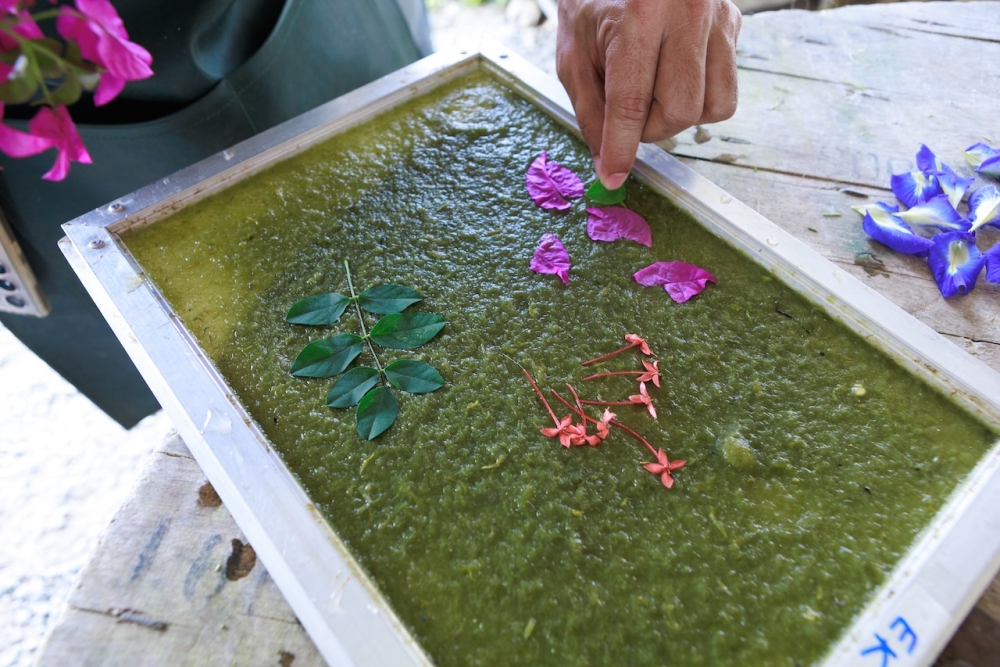 Challenges and Future Directions
Challenges and Future Directions
While the Eco Deals program has made significant strides, both Uysal and Kumar acknowledge that challenges remain, particularly the need for more resources and greater collaboration across the tourism industry. “As Agoda continues to integrate sustainability into its business model, we hope others in the industry will follow their lead in empowering customers and supply chain partners to participate in sustainability efforts,” Kumar shared.
Uysal emphasizes the importance of education and awareness in driving sustainable tourism. “We need to equip our accommodation partners and travellers with the knowledge and tools to make responsible choices, and ensure these choices are as easily accessible” he explains. By enabling travelers to give back while travelling and promoting sustainability among its partners, including local communities, Agoda aims to create a lasting impact on both the environment and the tourism industry through the Eco Deals program.
This partnership marks a pivotal step in aligning conservation and tourism in Thailand—safeguarding vital wildlife habitats while empowering local communities to thrive alongside nature. As the tourism landscape continues to evolve this collaboration offers valuable lessons and a scalable model for other organizations striving to create positive environmental, wildlife, and community impact.,
In a world facing the escalating threats of climate change and biodiversity loss, partnerships like this are essential to protect the natural capital that sustains the tourism industry. Transitioning to sustainable tourism is no longer a choice—it’s a strategic necessity and an urgent call to action. The time for businesses to act is now, before the very landscapes and ecosystems that inspire travelers are lost.
#WWF #wildlife #Tourism #ThailandTourism #sustainable #Agoda


